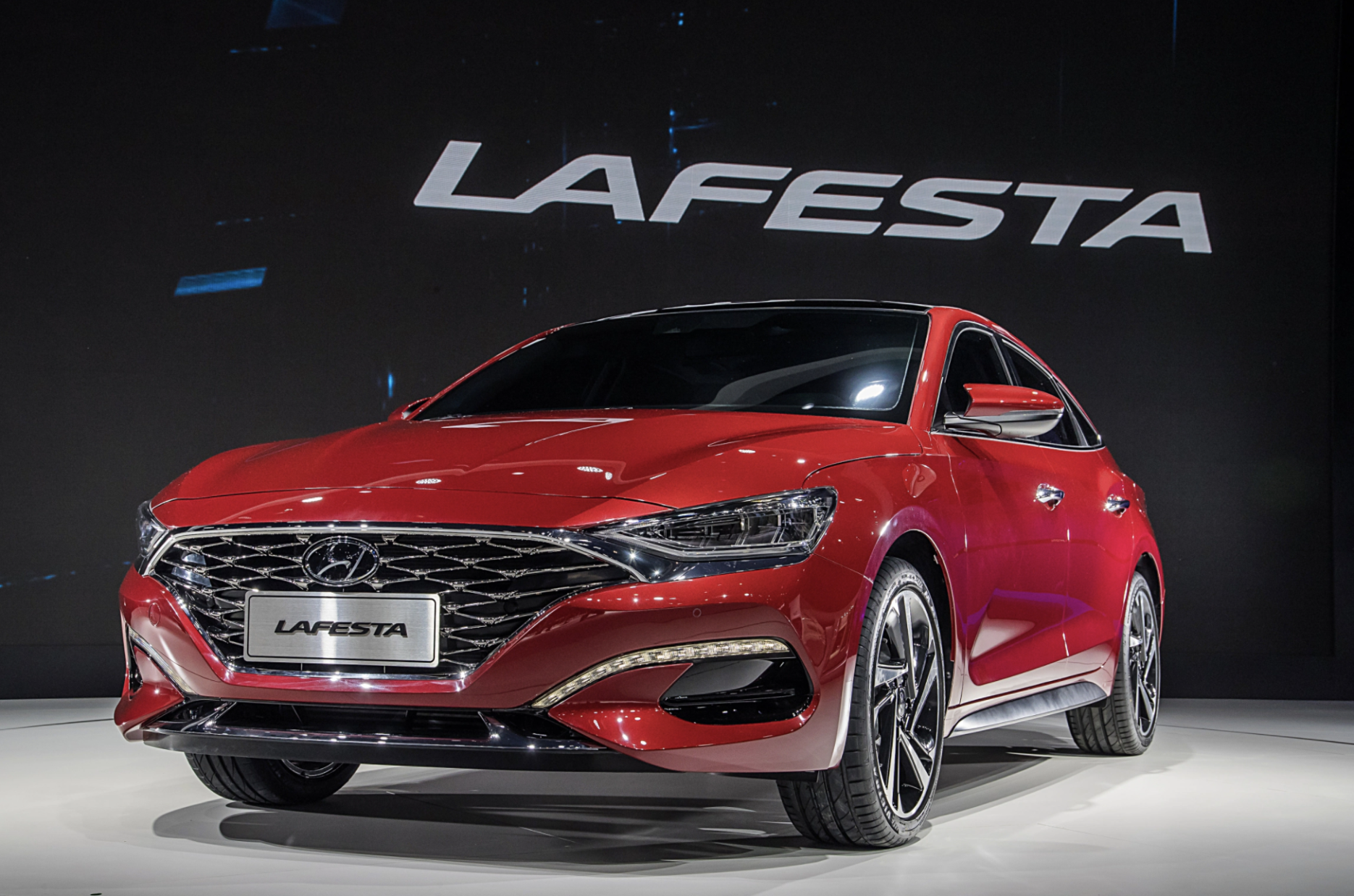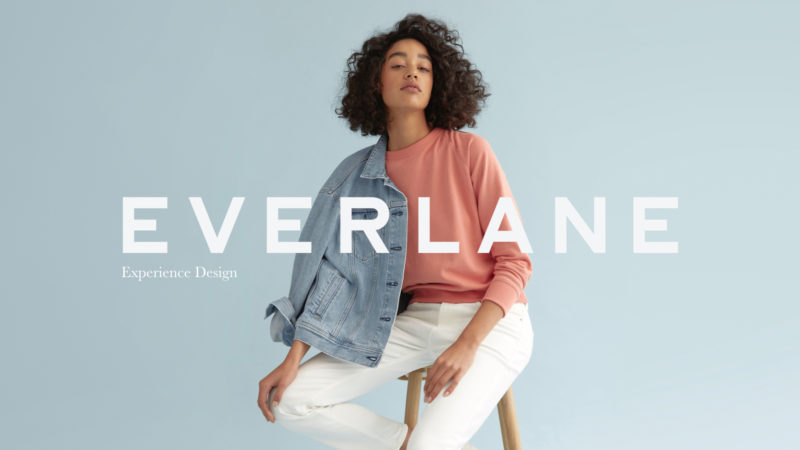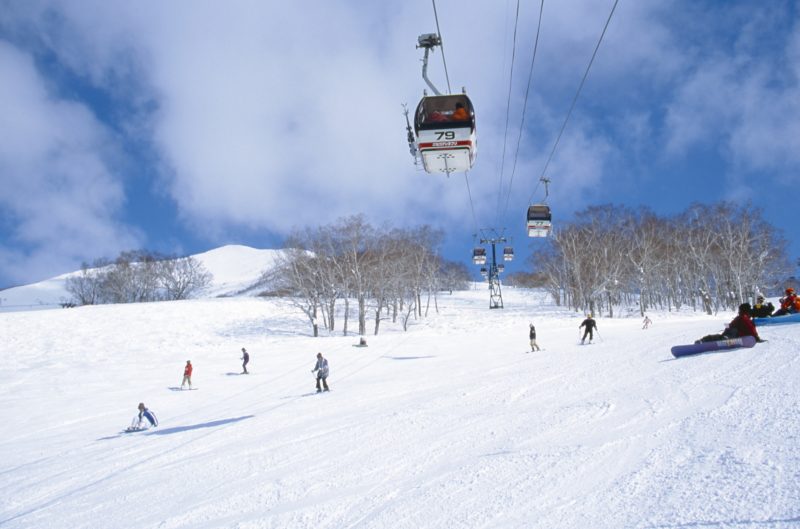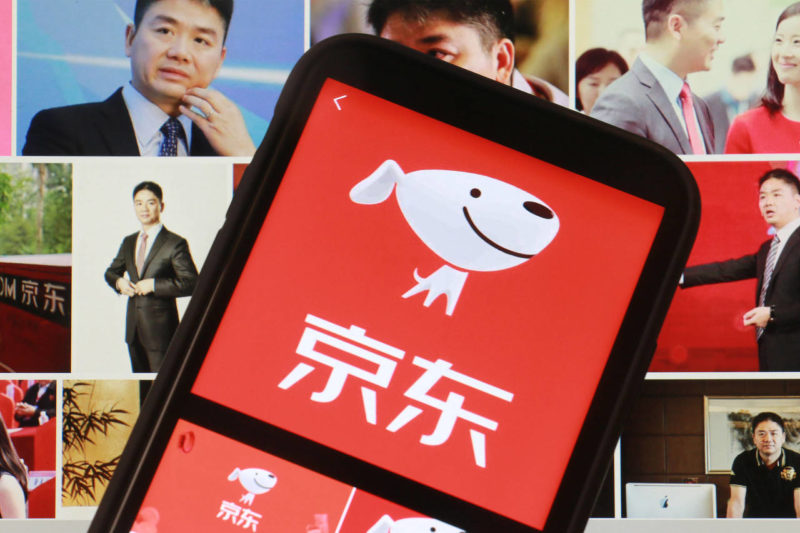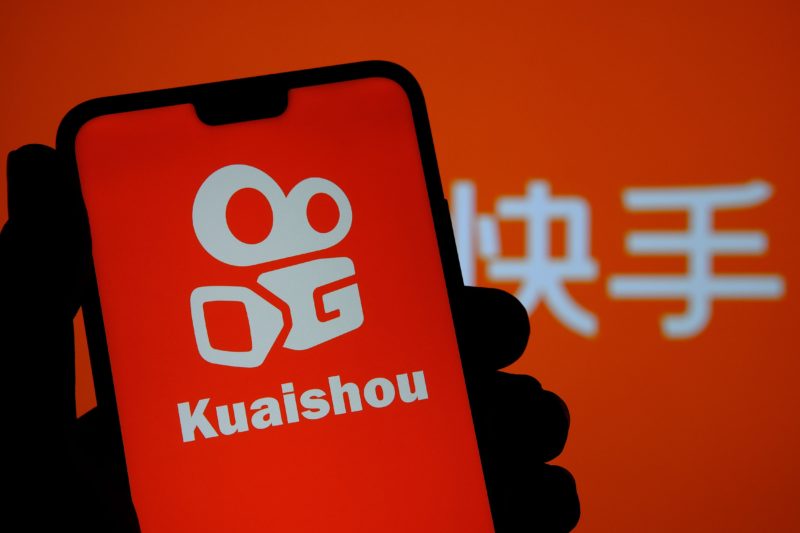Beijing Hyundai, a yesterday’s winner in the Chinese automobile market, announced its promising Zero Emission at the “Hydrogen Wave” conference on 7 September, eager to regain its market share. To stay ahead of the game, Beijing Hyundai declared to apply a hydrogen fuel cell system to all its commercial vehicles by 2028 and popularise hydrogen by 2040.
Hyundai Motor Company tapped into the Chinese market in 2002, by forming Beijing Hyundai, a 50-50 venture, with a Beijing car producer. It previously made a sensational success in 2014, with a sales volume of over 10,000 for 44 consecutive months. Back then, the only obstacle to expand its market was short supply.
However, just when the production capacity was finally up to the expectation in 2017, Beijing Hyundai saw a dismal drop in its sales. This trend has continued till today, with less than 2000 purchases a month during 2020 despite offering significant discounts. Its market share has plummeted from 6% in 2014 to 2.59% this year.
“South Korean automobile producers are seeing a significant loss in their business in China because they misunderstand the market”, said Xu Haidong, the vice chief engineer of China Association of Automobile Manufacturers (CAAM). “Also, the local competitors are getting stronger, taking over the market from joint ventures.” He added.
In the past, Beijing Hyundai’s strategy was to keep their price competitive amongst other compact car manufacturers. However, success in today’s Chinese market is not defined by the low prices but unique features.
Technology-wise, engineers from Beijing Hyundai have reduced their hydrogen fuel cell cost by 98% and expect to make hydrogen cars as cheap as electric ones by 2030.
Read more:




